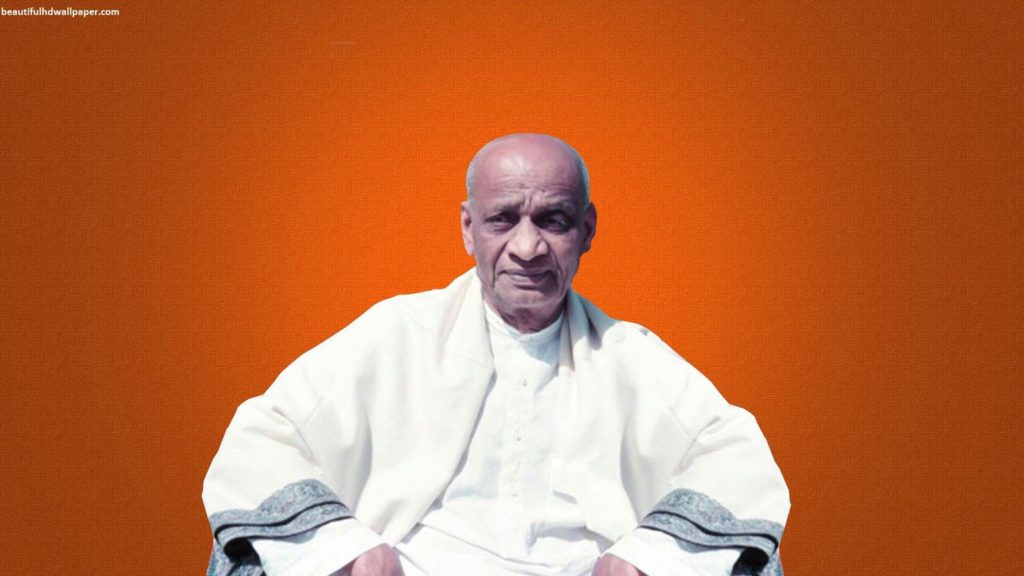
Sardar Vallabhai Patel (31 October 1875 – 15 December 1950) was a lawyer and influential political leader in the Indian independence movement. After independence, he was important in the integration of over 500 princely states into the Indian Union. He was deeply influenced by Gandhi’s ideology and principles, having worked very closely with the leader. Despite being the choice of the people, on the request of Mahatma Gandhi, Sardar Patel stepped down from the candidacy of Congress President, which ultimately turned out to be the election to choose the first Prime Minister of independent India. He was the first Home Minister of Independent India and his uncompromising efforts towards consolidation of the country earned him the title ‘Iron Man of India’.
145th birth anniversary of Sardar Vallabhai Patel
For the uninitiated, Sardar Patel was one of the founding fathers of the Republic of India who along with Mahatma Gandhi led the Satyagraha movement. He led many marches against the British and played a key role in the freedom struggle of the country. A truly great social leader, his work was characterized by excellence. He has made his spot in the history of our nation and in our hearts for eternity.
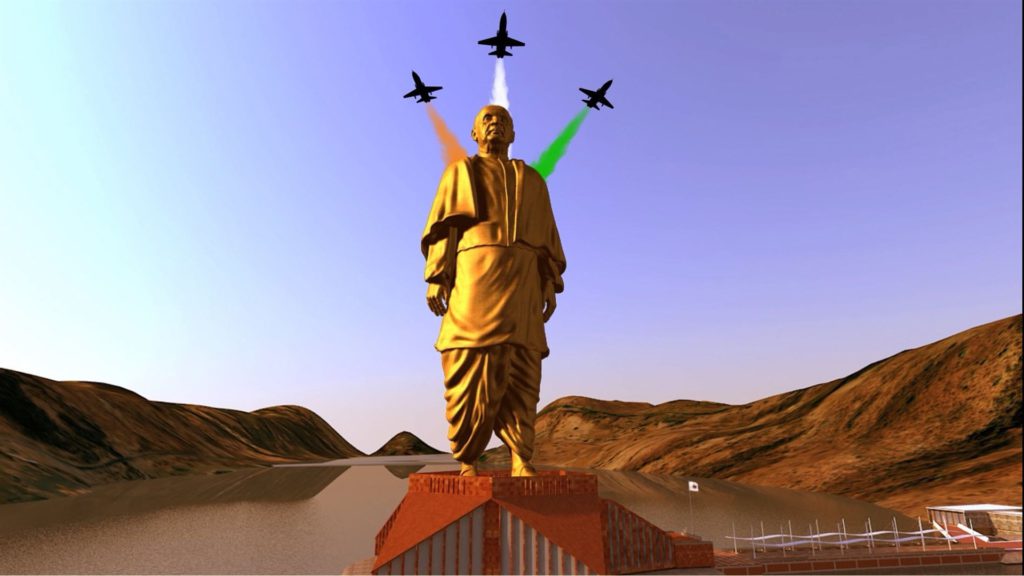
Here are some facts about Sardar Vallabhai Patel, inscribing the Iron Man of India forever in our hearts:
- Sardar Patel was born in Nadiad city in the Indian state of Gujarat
Vallabhbhai Jhaverbhai Patel was born into a Gurjar family, his birth date was not officially recorded. The date registered later was 31st October 1875 as per Sardar Patel’s matriculation examination papers. - A late start, a genius in the bloom!:
After completing school at the age of 22, he accomplished his 36-month-course of a barrister in just 30 months, at the age of 36, emerging as one of the most successful barristers of the country. - A staunch family man:
Patel refused to join college owing to less funds. Instead, he borrowed books, taught himself and cleared the District Leader’s exam with the highest marks! He had first allowed his elder brother Vithalbhai Patel to complete his education abroad. Yes, sacrifice is the common link among all great leaders! - Went to England for further studies:
Sardar Patel went to England to further study law and came out as an ace barrister. After coming to India he was offered job by British government multiple times, but he rejected them. - Talk about brotherly love: Setting the benchmark for bromance since then!
Although being a lover of Western clothing and fashion, his love for Gandhiji triumphed. He himself arranged bonfires of all English-style clothes, converting completely to khadi. - Patel stepped down in favour of Nehru:
In 1946 during the Congress election, 13 out of 16 states chose Sardar Patel as their president. He was the most popular face to become the first Prime Minister of independent India. But upon Gandhi’s request, Sardar stepped down as a candidate leading to Jawaharlal Nehru becoming the first Prime Minister. Experts say the story of independent India would have been much different had Sardar Patel been the Prime Minister instead of Nehru. - A firm supporter of the Non-Cooperation Movement:
Patel gathered more than 300,000 members for Non-Cooperation Movement, raising funds worth Rs.15 lakhs. - The man who united India:
Along with V.P. Menon, he had managed to persuade 565 semi-independent princely states to join the Indian Union. He also tackled the Nizam of Hyderabad & the Nawab of Junagarh who initially did not want to join India. A task, unimaginable by today’s leaders! - One of the most influential leaders, a national hero:
He organized a non-violent movement of peasants in the Kheda District, asking them to refuse to pay taxes, which resulted in tax exemption for a year along with a reduction in the rates. - Contracted the Bubonic Plague:
In the event of looking after a friend who had been affected by Bubonic plague, he himself got infected following which he left his home and sent his family to safety. This plague killed about 12 million across India and China. - A man ruled by work first, then emotions:
On receiving the news of his wife’s death, who was suffering from cancer, he finished cross-examining his witness in the courtroom, won the case, and later mourned. He never remarried in the loving memory of his wife. - Fight for self-rule:
Became the sanitation commissioner of Ahmedabad dated in 1917, and then elected as the Municipal President in 1922, 1924, 1927.
And that is how electricity supply and educational reforms came into picture in Ahmedabad. - From Vallabhbhai Patel to Sardar Vallabhbhai Patel:
Owing to the victory in Bardoli where tax rates where were scaled-down, returning seized property to name a few successes, Patel was bestowed on the title of Sardar by his co-workers. - “Patron saint” of India’s services
He played a major role in the creation of Indian Administrative Services (IAS), which was earlier Indian Civil Services Code (ICS), drafted by Britishers for their own interests. This is how Sardar Patel came to be known as ‘Patron Saint’ for establishing modern All India Services. - The true saviour of refugees:
Nobody had imagined that the consequences of partition of India in 1947 would result in intense violence. During that time Patel led in organising relief camps of refugees, provide emergency supplies, visiting border areas to encourage peace. Patel also took care of the Muslim minority during the turmoil and always stood for them. - Health starts to decline in 1950:
Patel’s condition had started worsening and later began coughing blood. He was then flown to Bombay for recovery but suffered a major heart attack and took his last breath on 15th December 1950. - Conferred with Bharat Ratna in 1991:
The Iron Man of India was posthumously awarded the Bharat Ratna in 1991, the highest civilian honour. Well, better late than never! - 1993, saw the production of the biopic Sardar:
Directed by Ketan Mehta, a biopic on Sardar Vallabhbhai Patel got released in 1993 throwing light on Patel’s relations with Gandhi and Nehru.
Paresh Rawal played the lead role of Sardar Patel in the biopic. - The namesake of many public institutions in India:
Sardar Sarovar, Sardar Vallabhbhai National Institute of Technology, Sardar Patel University, Sardar Patel High School and India’s national police training academy is also named after the him. - Statue of Unity dedicated to the leader:
The Statue of Unity dedicated to Sardar Vallabhbhai Patel is 597 feet (182 metres) tall, and the world’s tallest in the world. It is situated in Narmada district, Gujarat. - Rashtriya Ekta Diwas (National Unity Day) is celebrated on 31st October
Inaugurated by P.M. Narendra Modi in 2014, we proudly celebrate Rashtriya Ekta Diwas on 31st October in the loving memory of Sardar Vallabhai Patel.



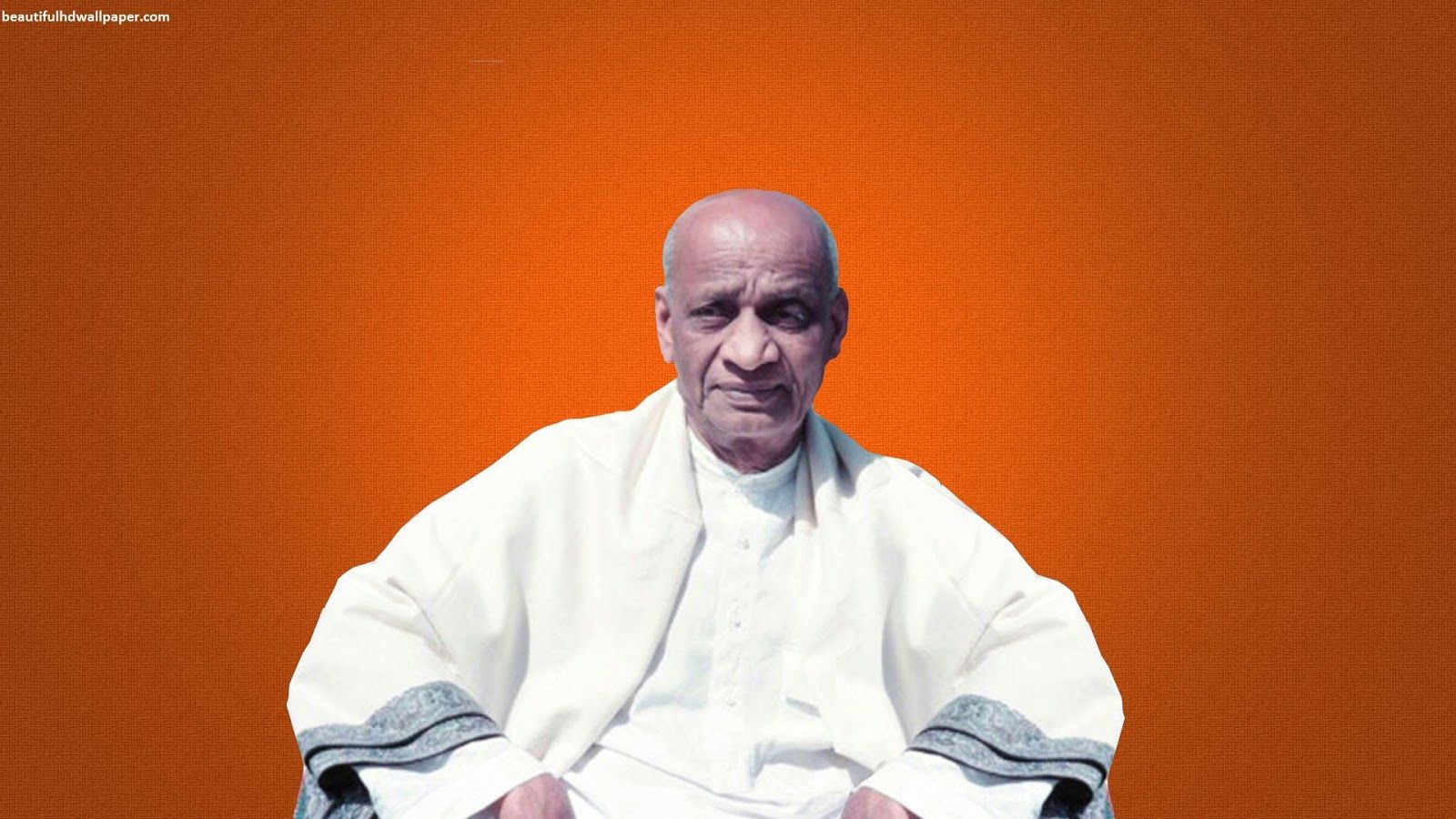
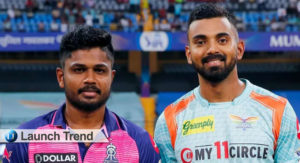

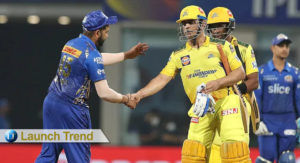
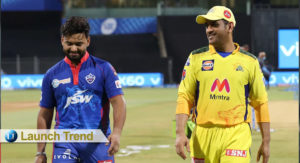
More Stories
IPL-2022 RCB vs RR: RR Won By 29 Runs
Martin Luther King Jr.: U.S. To Honor Civil Rights Leader
Birju Maharaj: Kathak Dance Legend Dies At 83